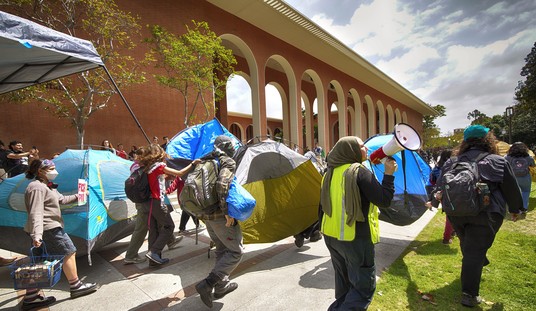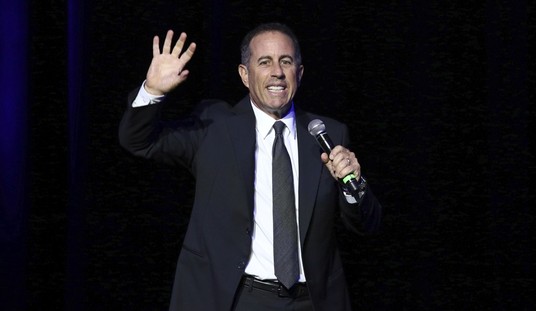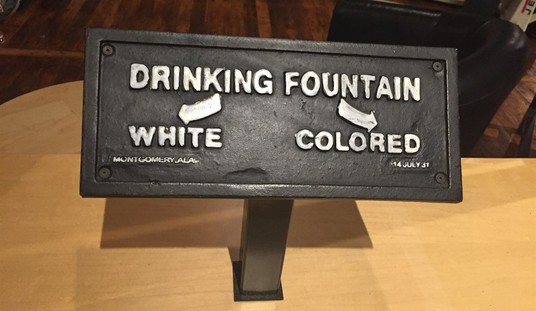It’s too common for the left to decry capitalism, but in fact, capitalism has led to more wealth creation than any other system in the history of economics — that is to say, mankind. Economics began when the first Neanderthal traded a flint knife for a spear and has continued without letup to this day. Capitalist economies, based on free markets, have been the most successful, and now, today, we are seeing the beginning of something new: the gig economy.
Some of capitalism’s critics like to depict a market economy as a ruthless system in which making a living and paying expenses is inherently (or even intentionally) difficult for anyone not born into a wealthy family. Worse yet, jobs are often depicted as an all-or-nothing prospect, with anyone not able to secure a full-time position being left out of economic opportunity entirely.
But the wealth creation made possible in a free economy actually allows an endless series of incremental and supplemental income streams—so much so, in fact, that there’s a flourishing cottage industry just in describing and promoting them.
Note the use of the term “free economy.” More on that in a moment.
It’s important to note that free markets are the only economic system that creates wealth on the kind of scale that results in dramatic increases in standard of living. It’s popular among leftists (although not exclusively leftists) to decry Walmart, but I remember very well when Walmart moved into the northeast Iowa town near where my parents lived, back in the early Nineties. At first, the Old Man was sorry over the loss of his old Coast to Coast store, where he could find most of what he needed at any given time and was on a first-name basis with the owner. But, as with all things, there were compensations. He once told me about buying a toaster oven at the Coast to Coast for $65 a year or so before the Walmart opened on the edge of town. When next he needed a toaster oven, he was able to buy the same brand of machine, with more features, at Walmart for $35. Those stores came at a cost, as it’s undeniably true that some small businesses weren’t able to compete. But Walmart’s economies of scale effectively raised the standard of living of everyone in what was then and is now the poorest county in Iowa, as every dollar they spent had much more buying power.
And now we live in the gig economy. For the last twenty years, I’ve made my entire living in the gig economy, as a writer, as a consultant, and occasionally a little work as a freelance copywriter. It’s easier than ever to get into this gig economy, too.
There is nothing revolutionary about having a part-time job, of course, but modern Internet platforms and services have made it easier then ever for someone without a lot of money, education, or training to turn a few free hours a week into a second (or third or fourth) income stream. And not all of these opportunities are even what we would normally think of as jobs.
This is how it should be in a free society. Let a thousand flowers bloom, and (if you’ll permit the mixed metaphor) let the wealth-creation machine work. The gig economy is something new, but then all economics is about replacing the old with the new. Just as cassette tapes replaced 8-track tapes, then were replaced by CDs, and then CDs were replaced by digital music, so one economic pattern replaces another. And right now, we are in the throes of the third great societal evolution of mankind. First, there was the agricultural revolution, which ramped up divisions of labor, gave rise to the first cities, and produced the first governments. Then came the industrial revolution, which began the trend of automation, moved millions from small farms to factory jobs in cities, and created the middle class. Now we are in the information revolution, which is changing everything from the way we shop to the way we date to the way we work. The gig economy, as much fun as it is to watch develop, as much opportunity as it brings, is just one aspect of that.
If there’s a problem with our economy right now, it isn’t capitalism, nor is it the gig economy. There are other factors: The weird obsession with companies annoying their prospective customers with woke silliness, and overbearing government that interferes with the economy at every turn, inevitably making things worse. The gig economy has the potential to produce untold wealth, which is doubtless why the left hates the idea.
Markets, given time, usually get things right. No person or body of people could ever hope to “manage” the tens of billions of individual daily decisions that make up a national economy; only the people, freely deciding for themselves what they want to do with their money, their time, their talents and abilities, can properly make up an economy. And that’s the only way an economy should exist — free people making their own decisions freely. And labor markets, be they in traditional jobs, self-employment, small businesses, or the gig economy, are no different.
Earlier, I mentioned the term “free economy.” This is what I meant: The thing about capitalism – real, free market, non-crony capitalism – it works every time it’s tried. Why? Because the very name is a misnomer. There is no “-ism” in honest capitalism. An “-ism” implies ideology, and there’s none here. In a pure, laissez-faire system, there is no underlying ideology other than liberty; there is no dogma, no set of underlying principles other than leaving people the hell alone. Capitalism in the pure form is nothing more than millions of people making up their own minds, free of outside pressure, as to how to manage their own talents, skills, and resources and when, where and with whom to engage in voluntary trade. Capitalism is free people dealing with each other voluntarily in free markets. In a word: Liberty. We need more of this. Not less.














